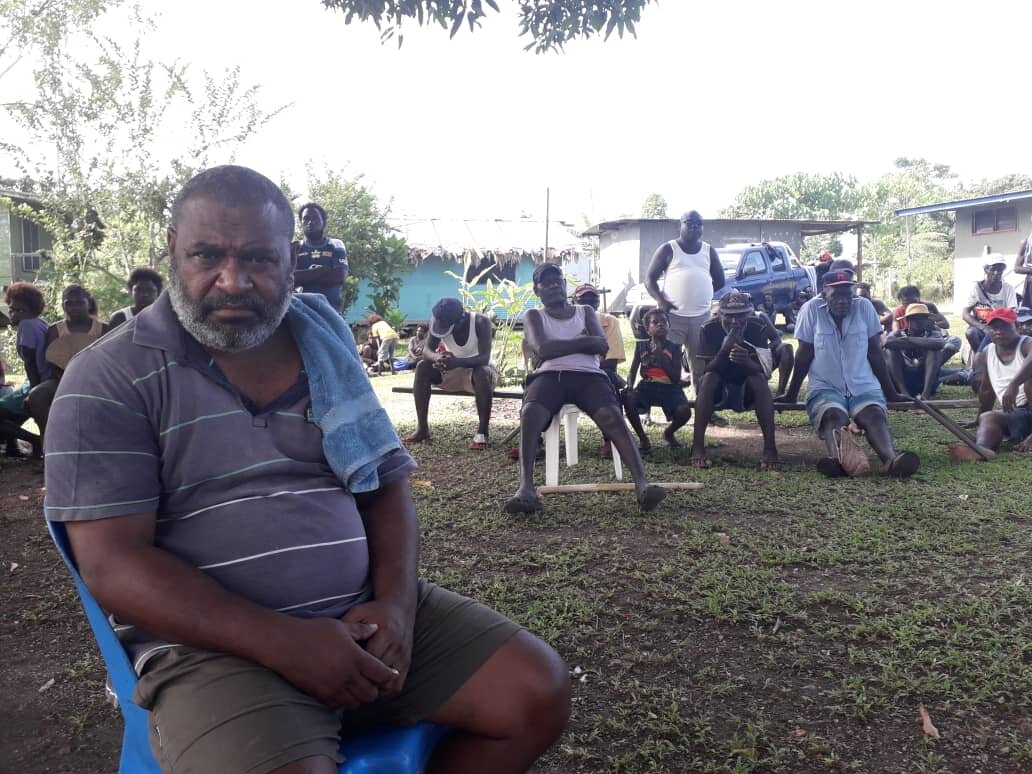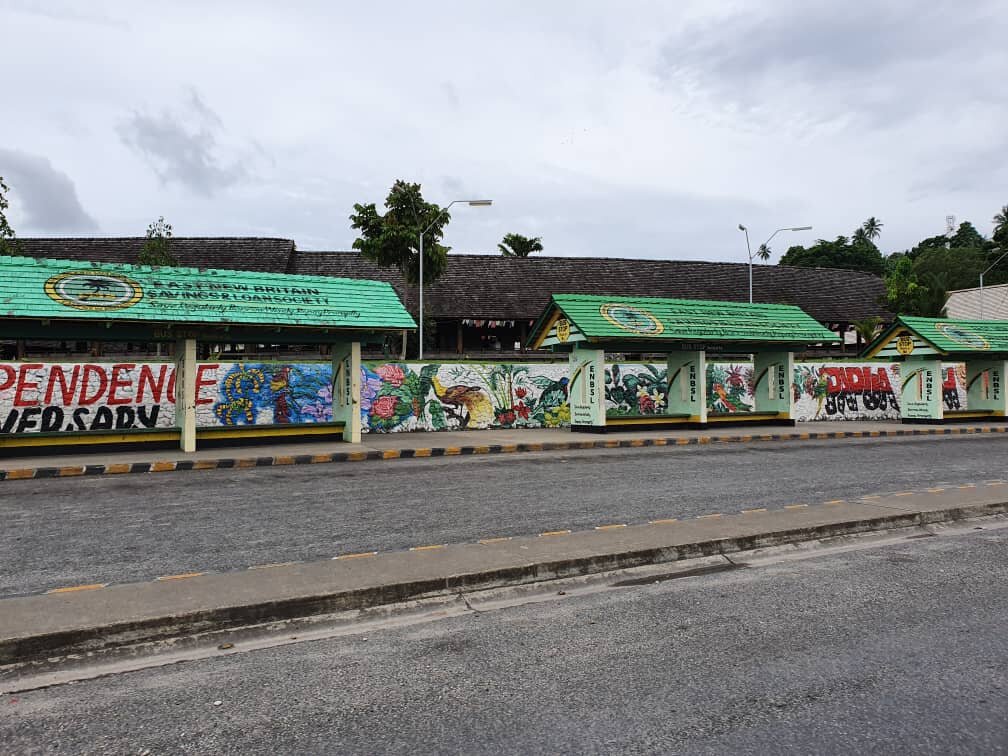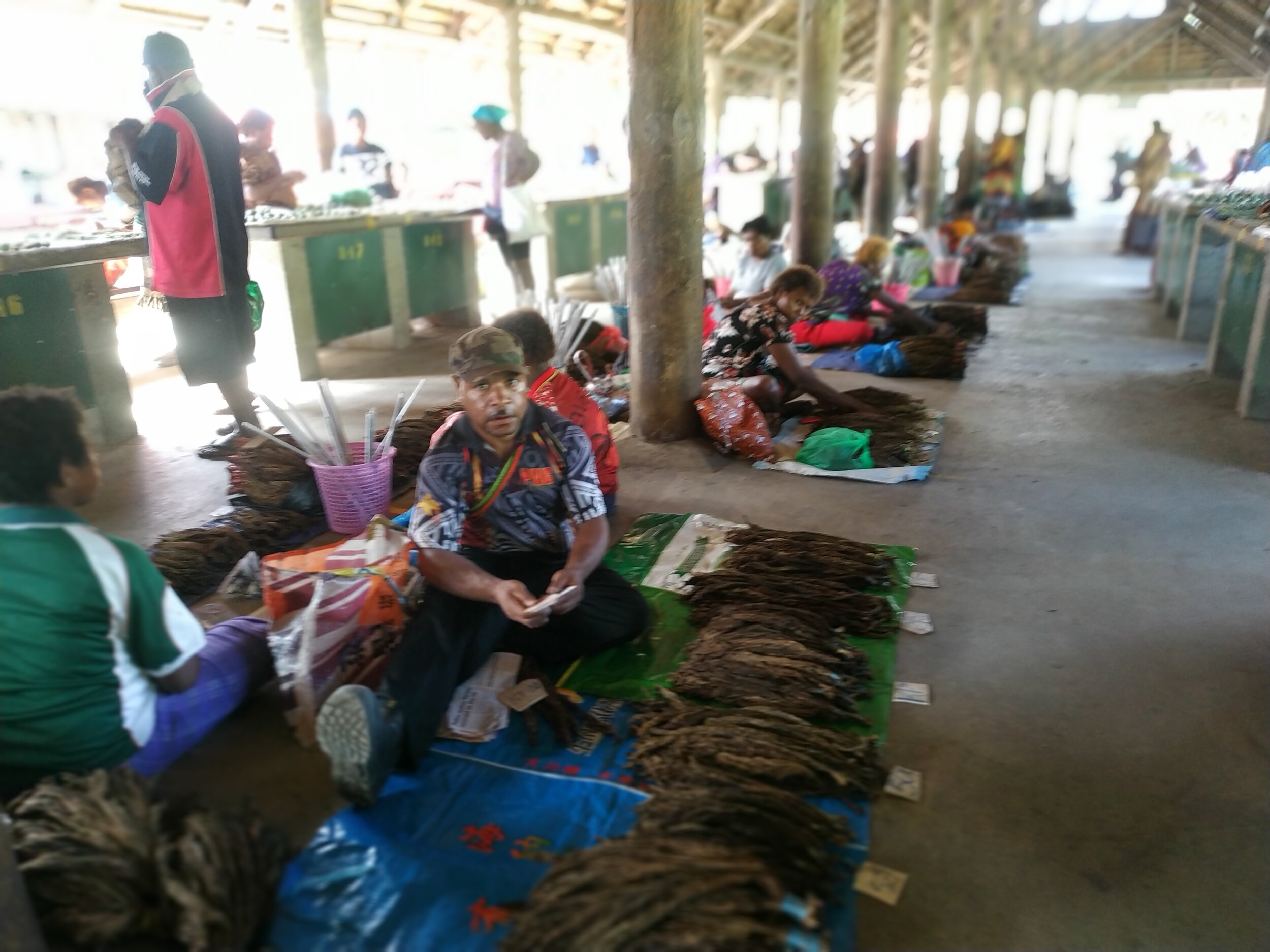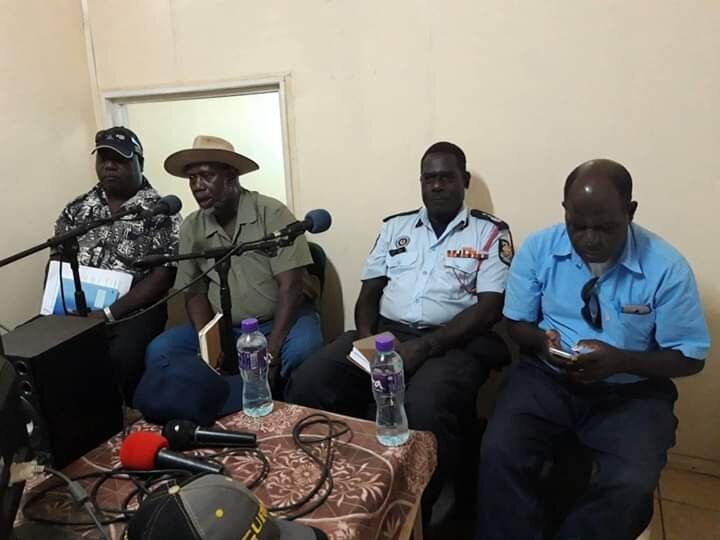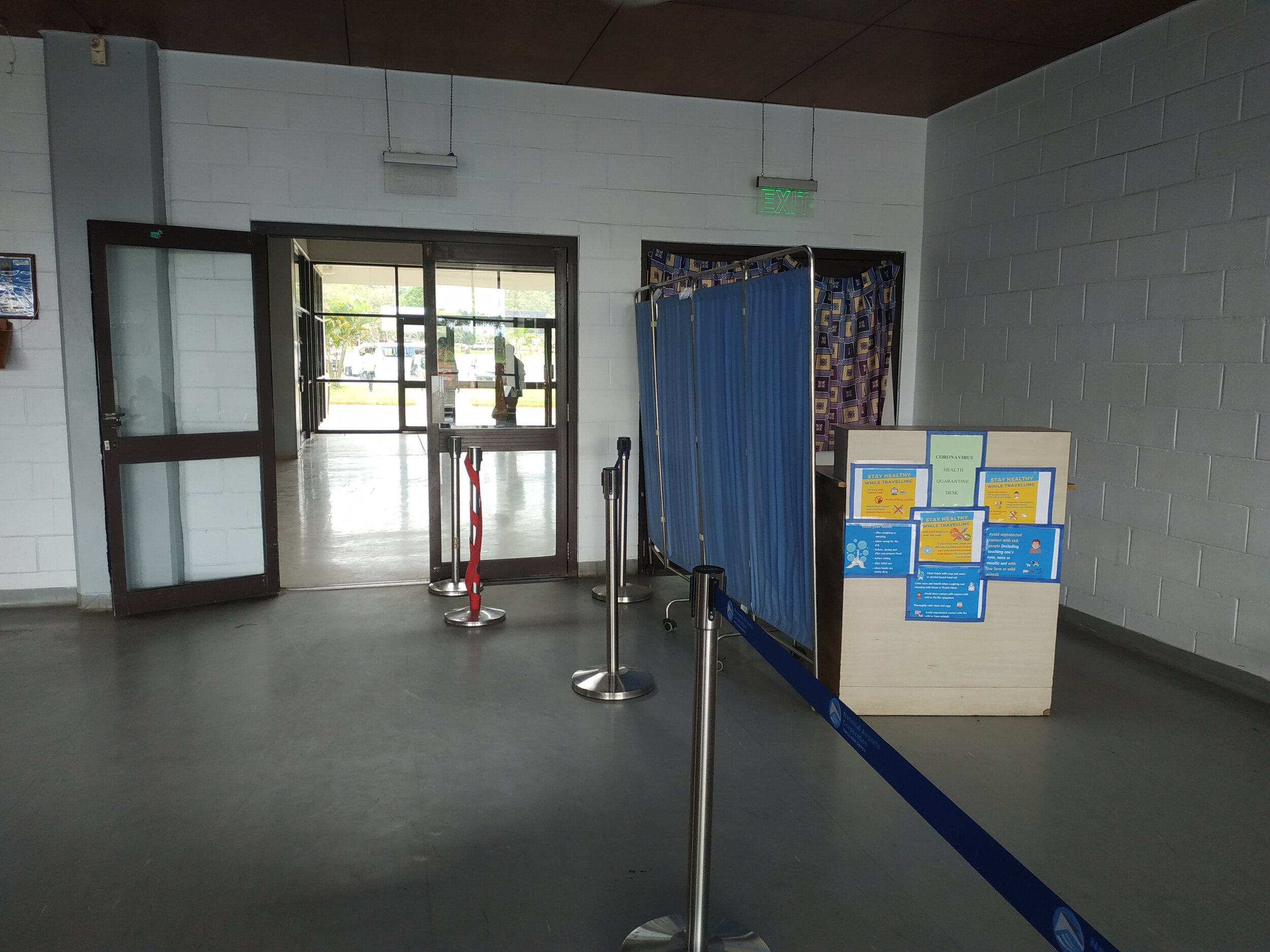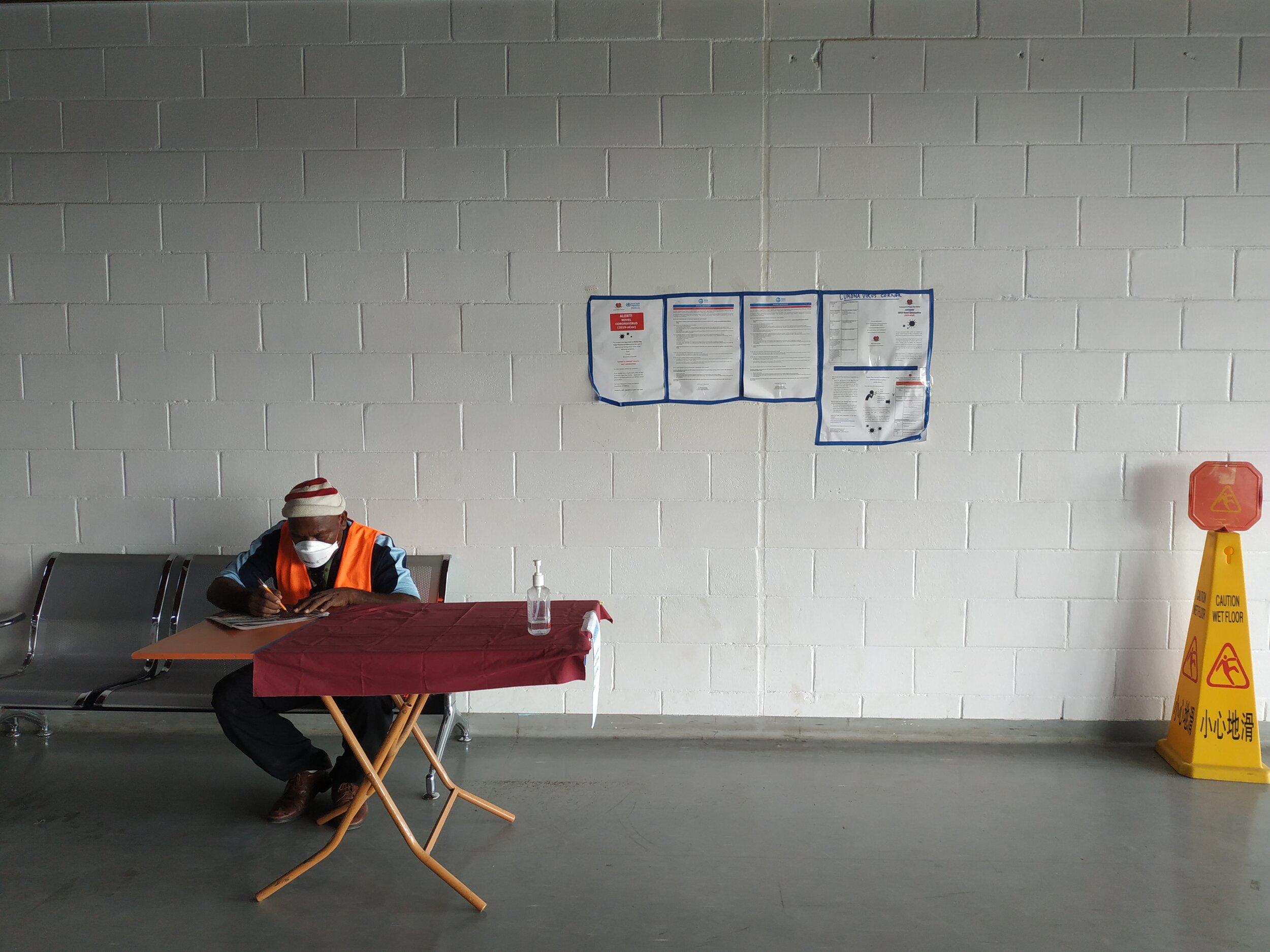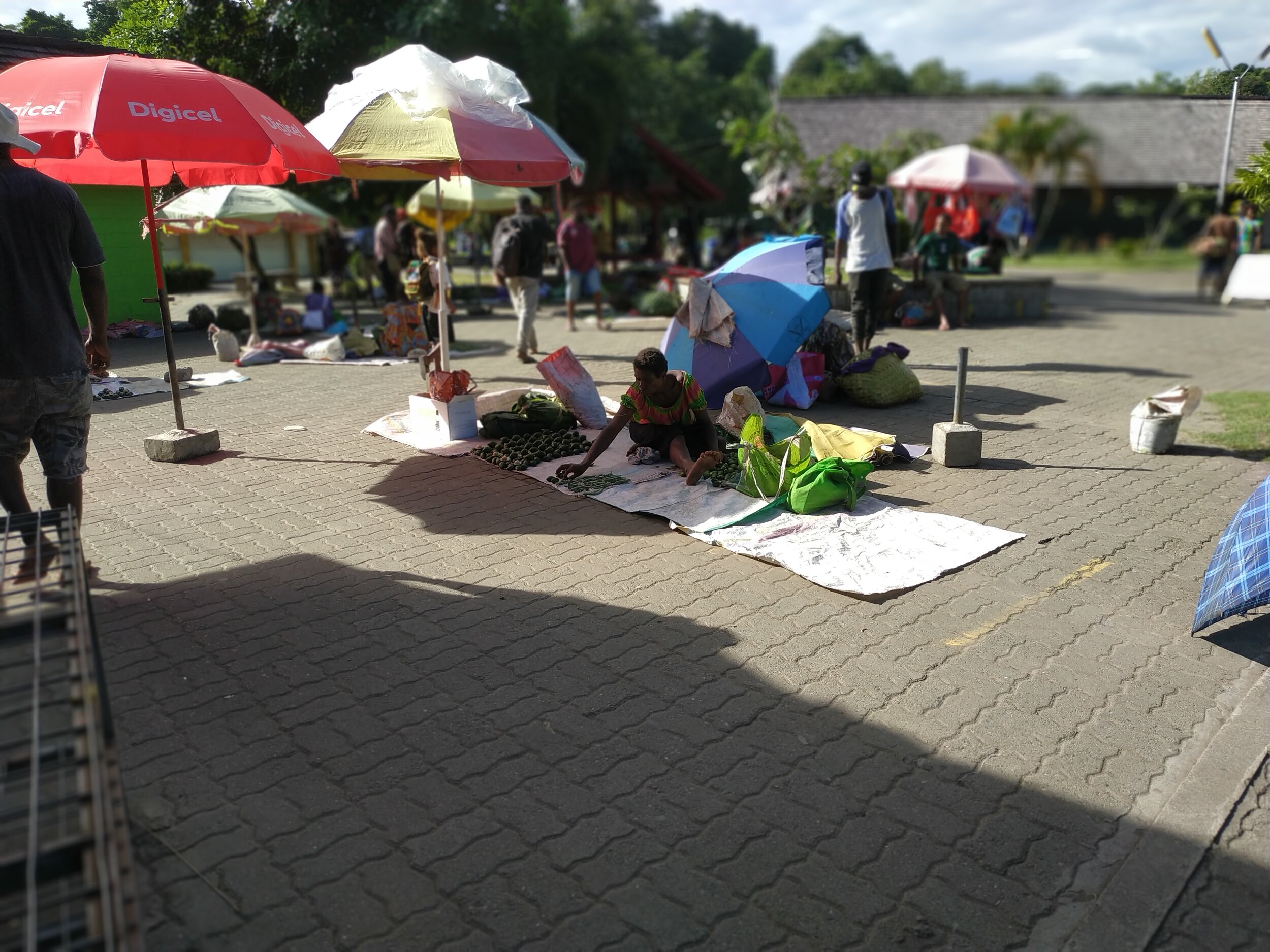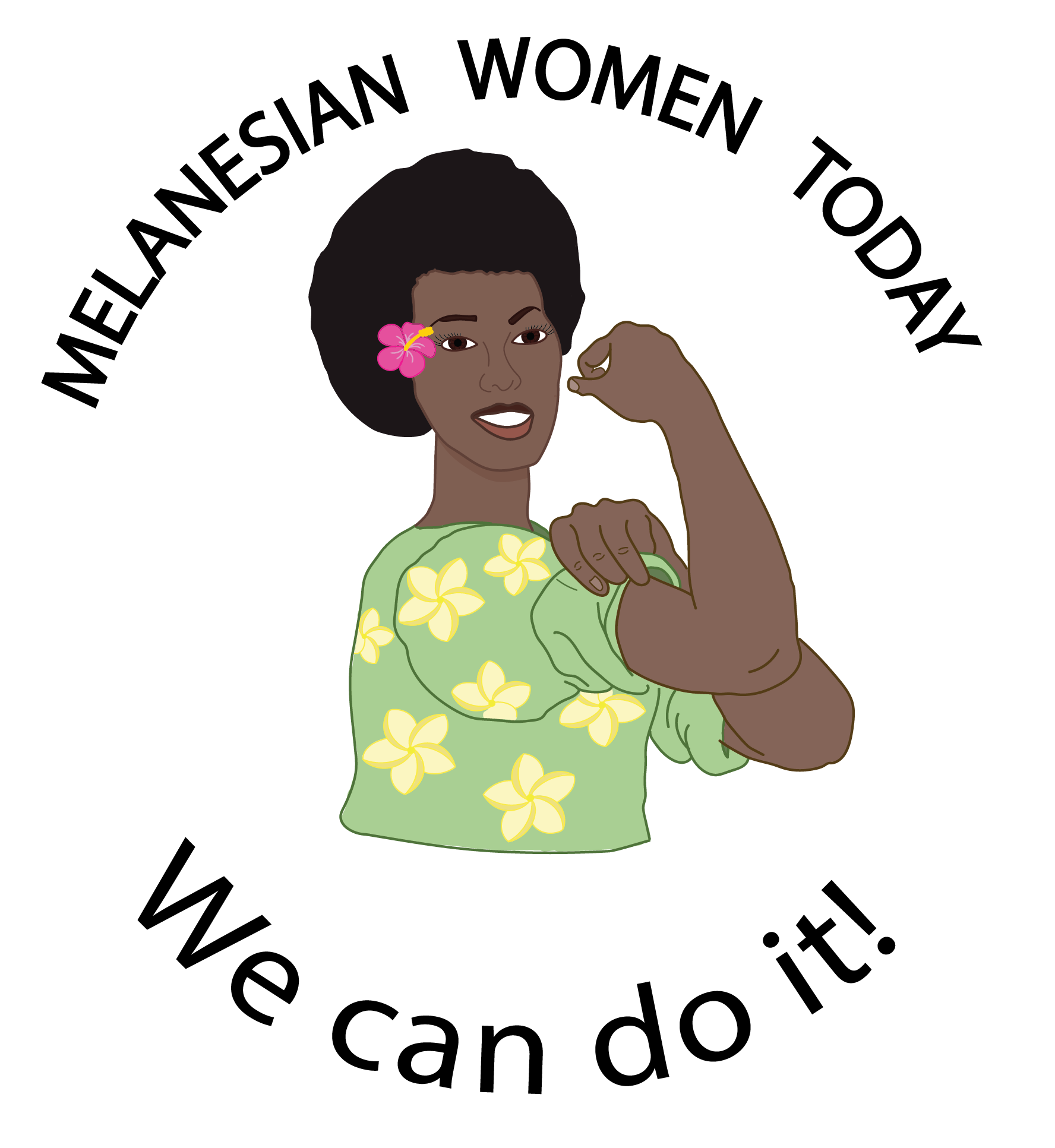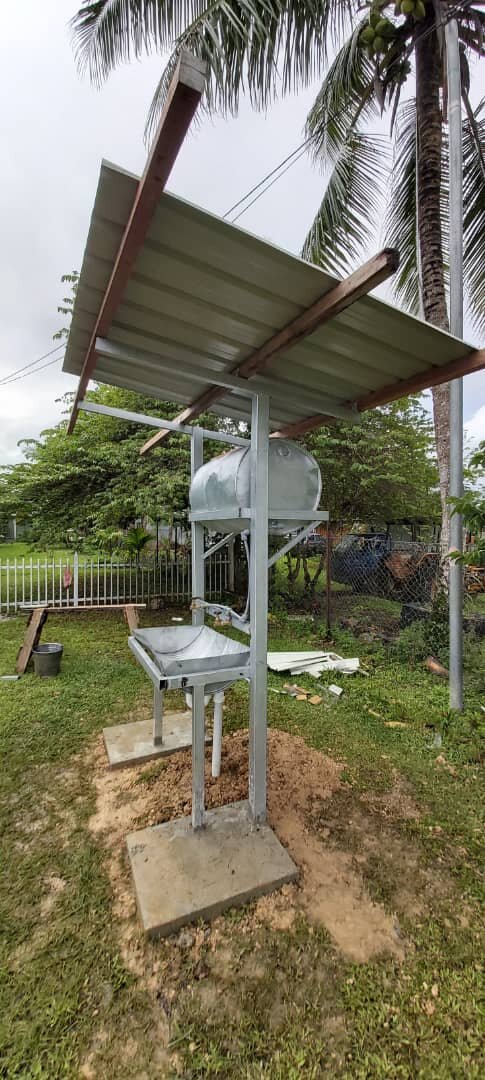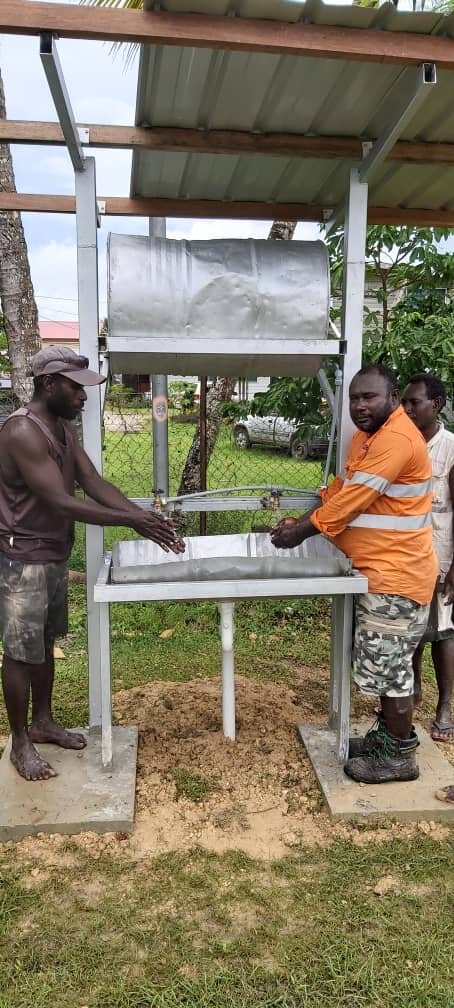How do we do social distancing in the Island Nations of the South Pacific?
Everyone is talking about social distancing to help combat the spread of coronavirus, but what does keeping your distancing actually look like for the Pacific Island countries and the communities? What does it look like for individual Pacific Islanders? While the rest of the world is coming to terms with the new reality of how to respond to the outbreak of the 2019 novel coronavirus (COVID-19) or have an optimal plan in place for when the virus arrives in their country, the Islands in the South Pacific find themselves cut off and isolated.
Many businesses and schools are closed to stop the spread of the virus in the Pacific region. In stopping the virus, most of the common communal venues like the churches, in the communities and villages, families, and friends are discouraged to gather together in large numbers.
Public health officials are urging everyone to practice social distancing and practice proper hygiene protocols of washing hands, sneezing into the elbow, stay home if you are sick, do not hug, and do not shake hands. In the Pacific region, social distancing is a hard concept to grasp, in fact, it’s seen as a foreign concept.
The idea that families, friends, and communities cannot socially share time together does not fit within the social fabric and the norms of the way of life in the Pacific. Social distancing will take time for people to adapt to considering it is not a norm in the Pacific Island culture to distance themselves from each other. The culture in the Pacific is a culture that embraces the gathering of families, people, and social practices.
Mr. David Marena, MWT’s country and culture coordinator in Bougainville, which is an autonomous region of Papua New Guinea along with the surrounding atolls explains how that is done there. He also explains his role as a community leader during this time - COVID-19 on COMING TO THE MAT podcast.
In Bougainville, the ABG government has prolonged the 14-day lockdown to 21 days.

